EDUTINKER International Conference
Technology, Innovation and New Keys for Educational Resources
29th May 2017, Bilbao, Spain
Free Registration
Topics |
Registration |
Important Dates |
Workshops |
Keynote |
Experiences |
Agenda |
The University of Deusto, as coordinator of the project “MissToHit, from Misconceptions to Learning Insights Through Inquiry with Playful Physical Objects” will host the international conference “EDUTINKER: Technology, Innovation and New Keys for Educational Resources”. The conference is organized to bring together leaders and educators from around Europe to focus on topics that impact STEAM Education in primary and secondary school. The MissToHit project results will also be presented, including experiences from piloting, data analytics for researchers, etc.
Topics
- STEAM education in primary and secondary school
- STEAM through Computational Thinking and vice versa
- Pedagogical innovation
- Encouraging female interest and participation in STEAM disciplines
- Assessment in STEAM education
- Formal, non-formal and informal education
- …and other related topics.
Registration
Conference attendance is FREE for all attendees, but registration is needed.
https://goo.gl/forms/mlY3EPwfw2YxcX723
Important Dates
- Deadline to submit the abstract of your experience: 1st March
- Notification: 15th March
- Registration open: 15th March
- Conference date: 29th May
EDUTINKER Workshops
| MissToHit: from Misconceptions to Learning Insights Through Inquiry with Playful Physical Objects
(MissToHit Project members) |
MissToHit provides Learning Activities addressing misconceptions in STEAM. The learning activity is based on Inquiry Based Learning structured approach and uses physical objects for carrying out experiments. In addition, the physical objects may also be used for more than one learning activity. In this workshop the participant will be able to play with several of these activities. Language: English. More info at: https://misstohit.deusto.es/ |
| Instròniks: build an electronic instrument with Arduino
(Marc Sibila) |
In this workshop we will assemble an electronic instrument that works with an Arduino board. We will follow all the steps, from the assembly of the components, to its connection with Arduino and the programming. From this instrument, we will see different examples of how to use it and reach students with this project, which is STEAM in every way! It is aimed at high school teachers, and anyone interested in wanting to have fun. Language: Spanish, with support to English speakers. More info at: http://www.instroniks.com/es/ |
| Introduction to programming with Arduino and colored leds
(Interzonas) |
Although the final aim of the workshop is to control this type of LED, the workshop becomes an ideal tool to understand the basic concepts of programming: variable, array, loop, etc. and electronics. It is much easier to understand these concepts seeing them, and the LED strip does it perfectly! Language: Spanish, with support to English speakers. More info at: https://goo.gl/26J1Np |
Keynote
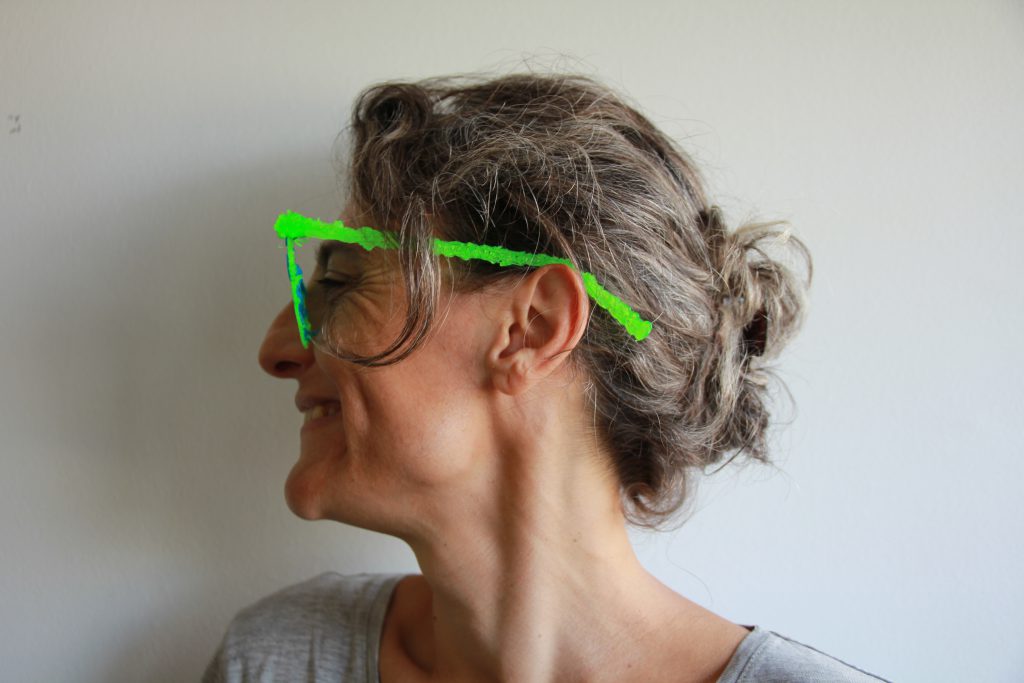
Susanna Tesconi PHD Student UAB Applied Pedagogy Department Senior FabLearn Fellow T LT LAB Stanford Graduate School of Education |
Susanna is an educational designer and researcher. Her work is inspired by the interaction between learning processes and technology. After graduating in language Philosophy she is teacher of primary school. During the teaching years he interests in the interaction between children and technological devices and decides to improve her knowledge in technology with the aim of accompanying her students in the development of her own devices. He studies a Postgraduate in Interaction Design and get in touch with the world of open hardware, programming and with the emerging movement maker. The practice of designing learning environments is accompanied by a research process carried out as a student of the Doctorate of Education of the UAB. It focuses its research activity on the potential of the making as a teacher training tool. Since 2014 she also takes part into the Fablearn Fellowship, powered by the Transformative Learning Technologies Lab of Stanford University, a group that works on the design of environments for educators of fab labs and makerspaces. |
The transformative potential of DIY in teacher education.The teacher as environments designer, the school as a laboratory for reflection and experimentation. The communication proposal presents the preliminary results of a design-based-research for the design of a teacher training in educational making. The study is developed under the program to uLAB, an experience of teacher training at the intersection of art, science and technology. It examines the elements that make up the culture maker/tinker/DIY1, emphasizing the mentis way on which its development is based, its approach to learning and its potential as a teacher training tool. Making, tinkering, diy, STEAM activities etc as a set of tools, physical and formative, have a transformative potential of educational practices related to the creative uses of technology, but their potential is null if its implementation is not accompanied Of a teaching action compatible with its philosophy. It is the teacher who, based on his teaching style, his digital competence and his attitude towards technology, determines the type of experience he offers to students, regardless of the technological tool they are using. In this sense, we ask ourselves: what kind of training actions are needed for its development? How can autonomy and refexion be fostered when designing technology-rich learning environments? How can be promoted and strengthened in the faculty the facilitator competence of creative experiences through the design and creation of technology? |
|
Experiences

Scott Lyons |
A Freirean Approach to Inquiry Based Learning
Experiences from a Freirean approach to Inquiry Based Learning and Project Based Learning (PBL) that fosters critical thinking and student-centered dialogue. A look at how using theory from Paulo Freire and bell hooks can help shape the mindset of students (and teachers); and strengthen our understanding of what engaged pedagogy should look, sound, and feel like inside multilingual classrooms. Dialogical classrooms allow students to grasp that authentic learning stems from questions, doubts, curiosity and a process fueled by inquiry. By scaffolding the dialogue process for students they are provided with the tools they need to begin to hold themselves accountable as the true protagonists of their own learning process; and they will become devoted to a process that seeks truth through dialogue. |

Pablo Garaizar |
COMPUS: a multi-player board game where the computer is us!
COMPUS is a board game for 1 to 4 people where each player will simulate being a computer program running in a multi-tasking system. The goal of the game is to get the desired result (a combination of bits) in a register of the COMPUS CPU board. The first player to achieve this goal wins the game. From the didactic point of view, COMPUS allows to learn many important concepts about the internal functioning of a computer. The first one has to do with the system architecture: real CPUs also have internal registers where simple arithmetic-logic operations are performed and these registers are shared by all programs. In Intel architecture, general registers are also called AX, BX, CX and DX, and the result of each system call is usually returned in AX, as requested in COMPUS. The names and features of the COMPUS operation cards correspond accurately with the arithmetic-logic operations used to program a CPU at low level (this is known as assembly code). At the logical level, programs do not usually share the RAM in which they write their data, so that information is on a separate board in COMPUS, not accessible to other players. In a multitasking system that allows multiple programs to run on the same CPU, processing time is allocated in a similar way as in a COMPUS game (although it is not randomly assigned, but depending on the priority of each program). Having all this in mind, playing COMPUS we can learn how to count in binary, how to add and subtract 1 to a binary value, how to perform the main logical operations in binary (NOT, OR, AND, XOR), how to make quick multiplications and divisions by 2 in binary, and how the hardware is shared between the different programs running at the same time in an operating system. |
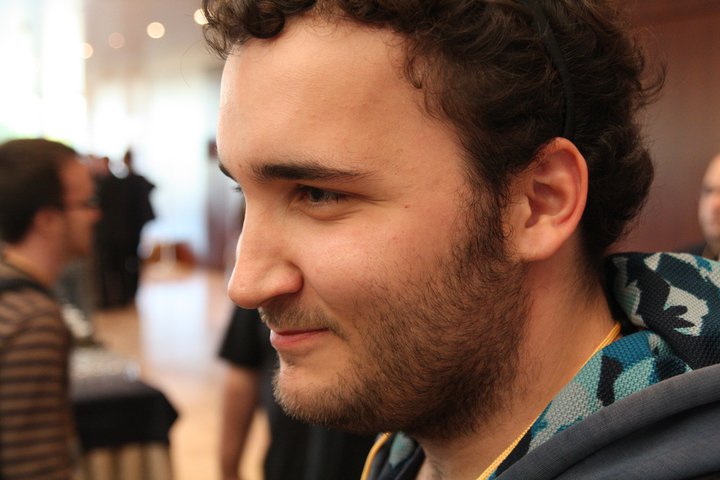
Pablo Espeso Tascón |
Computer Didactics. The piece that does not fit.
It is glimpsed an agreement in Spain on the need to include computer science in compulsory education. In this presentation we defend the need to formalize the Computing Didactics with a global and rigorous perspective. As it happens with the teaching of other disciplines, it is fundamental to search the delicate balance between the knowledge of the subject itself and the knowledge of how this subject should be taught. These two ingredients should allow us to define both the curriculum of the students that must be formed, and the curriculum of their trainers. In both cases, a sequence of contents must be established, motivated necessarily by the competences to be acquired by the students. In the mandatory stages, these competences must also be aligned with the maturity levels of the students and supported by the research that supports the curriculum of the other subjects. Our reflection is that the necessary tools to bring computing to classrooms have not yet been developed. Each initiative that appears, whether public or private, formal or informal, defines a more or less appropriate curriculum and tells it to impart in a more or less correct way. All of them share a certain isolation from the rest of the initiatives and, in particular, from the agents who form the trainers (currently, the Secondary Master’s and the Faculties of Education). In this presentation we advocate the need to make an effort to rely on research, experiences from other disciplines and what others have already learned to implement not only the training of schoolchildren, but also that of their trainers. |
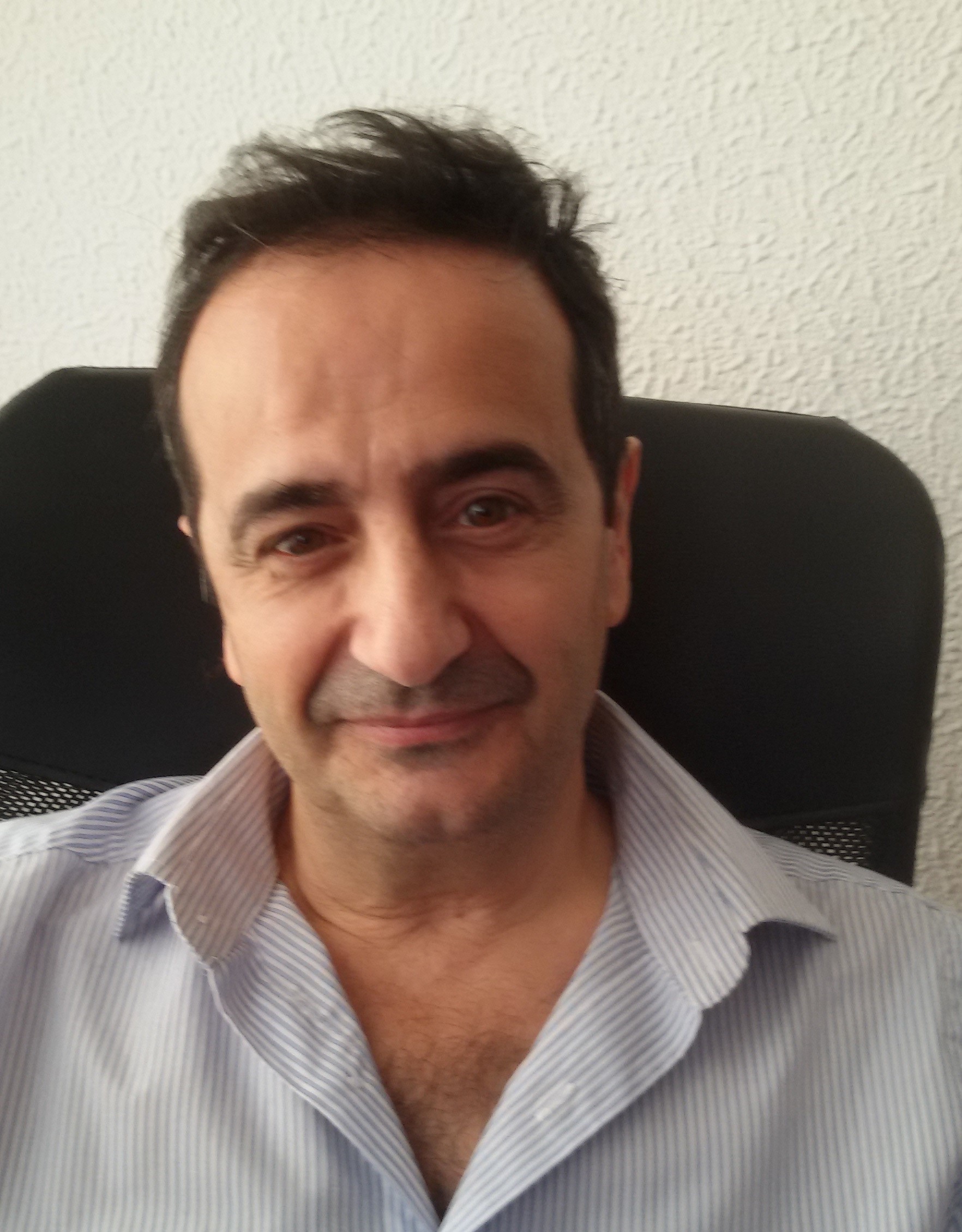
Juan Carlos Macho |
Technological Itinerary in Educational Centers.
The educational sector faces new paradigms of teaching models within the framework of the current unstoppable digitization process. The goal of education is to prepare young people to be the tomorrow’s protagonists. Therefore, the educational community needs to provide students a technological curricular approach in these digital competences, trying to start from the earliest age. In order to optimize all this planning work, and to serve as a guide in the process of coordinated training, it is essential to draw up a coherent Scientific-Technological Itinerary. In this case, we focus on the technological part related to didactic patterns that incorporate the most creative aspect of learning, where the physical elements associated with programming tools become essential resources. At each stage, different tools are introduced following a structured process according to the students age. The strategic implementation of a Scientific-Technological Itinerary can be done from three approaches: Coordinated, Modular and Integrated. |
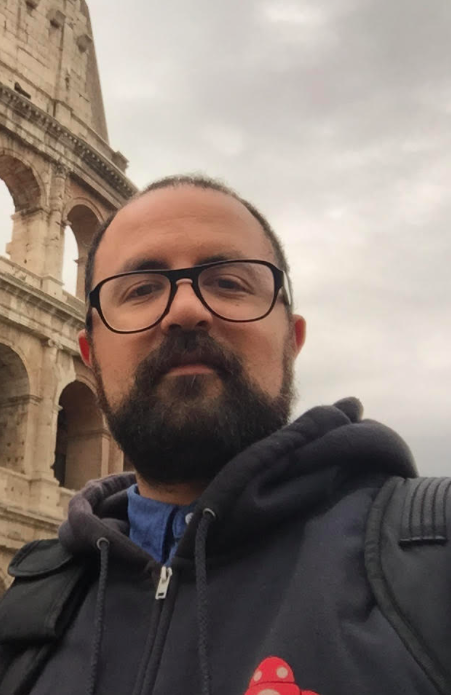
Karim Asry |
An old Cookie Factory as a learning environment for the maker mindset. The case of Espacio Open in Bilbao.
Espacio Open is a creative and social projects accelerator in Bilbao, Spain, based in an Old Cookie Factory that mixes maker culture with social projects, traditional industries and urban culture as a learning environment. Organizer since 2013 of Maker Faire Bilbao and Gaztea Tech, a non formal education project for 16-25 years old youngsters in the Bilbao Area. Member of the Fab Lab Network. |

Iñigo Beristain |
First Lego League as an experience for the inclusion and improvement of coexistence.
Participation in the First Lego League has meant for the CEIP LABASTIDA, not only to work on science and technology related competences. In this presentation, we will talk about our experience in this challenge, focusing on the possibilities that have opened us to promote spaces and truly inclusve situations, to improve the coexistence among our students and to empower the entire educational community. |
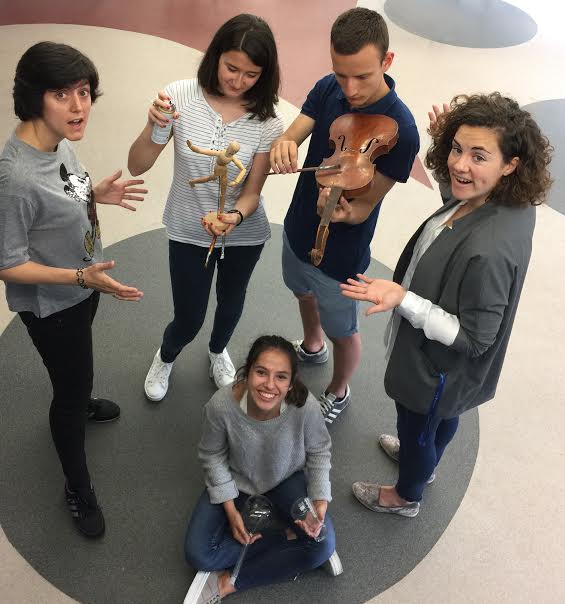
La Salle Bilbao |
InNovation
In La Salle Bilbao school we teach the curriculum subjects that belong to STEM disciplines, but it is from the multidisciplinary project SEIN (Secondary Innovation) from which our students work on knowledge, science and technology in an autonomous way and developing entrepreneurial skills. The students choose the problem they are going to work on for months and teachers from scientific and humanistic disciplines lead them in this process together with additional external agents. |
Agenda
| 8:30 | Registration |
| 9:00 | Welcome and official opening |
| 9:15 | Keynote: Susanna Tesconi |
| 10:00 | MissToHit presentation |
| 10:30 | Coffee break |
| 11:00 | Workshop I: MissToHit (English) || Workshop II: Interzonas (Spanish) |
| 12:45 | Lunch break |
| 14:00 | Experiences session |
| 15:45 | Science: One size fits all? (English) |
| 16:00 | Workshop III: Instròniks (Spanish) |
| 18:00 | Conference end |
